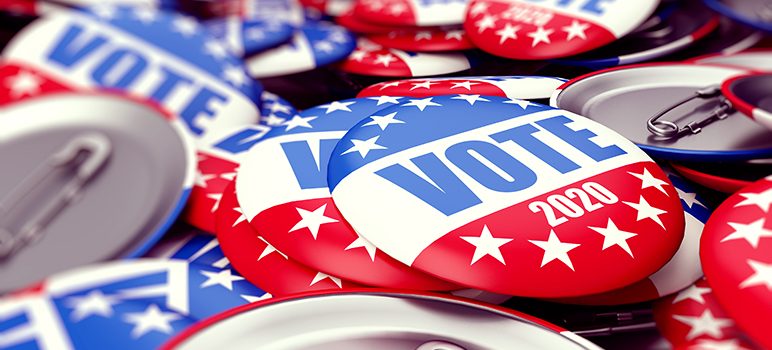As California’s 2024 election gets more crowded by the day, some ballot measure campaigns are already building their war chests for the costly fight to come, raising more than $60 million since January.
Last year, nearly $700 million was spent, mostly by companies, to sway voters on seven November measures, the vast majority on two sports gambling measures that both failed.
And, like last year, at least two measures next November will be industry-backed referenda to overturn new laws.
Almost immediately after the passage last year of a law to establish a fast food workers council to set wages and workplace standards for restaurants, fast food chains vowed to fight the bill. By January, they gathered enough signatures to get the referendum on the ballot, freezing the law until after the vote.
And last month, the money started flowing into their campaign. On July 5, In-n-Out cut a $10 million check to the ballot measure committee. Over the next two days, McDonalds, Chick-fil-a and Chipotle all donated $10 million as well. So far, the committee has reported raising more than $50 million.
Not as much cash has been raised by the oil industry campaign that spent $20 million to qualify a November 2024 referendum to block a state law banning new wells within 3,200 feet of hospitals and schools.
So far, there aren’t any committees officially involved in the measure, but one committee entirely funded this cycle by Chevron, Valero, and Marathon Petroleum has raised $2.1 million. More money may be on the way: Wednesday, a coalition of environmental and public health groups filed a competing initiative to uphold the law.
Next November, voters will also decide on a measure to remove some limits on cities’ ability to enact local rent control. The AIDS Healthcare Foundation is in for $10 million supporting the measure.
Though there is no official opposition committee yet, the California Apartment Association reported more than $1.7 million in contributions this year. In 2020, the group spent more than $72 million to defeat Proposition 21, the most recent rent control measure on the statewide ballot.
Not too early for 2026: Though voters won’t select the next governor and other statewide officials until 2026, some candidates have already launched campaigns — and are collecting cash, too.
The top three fundraisers so far: State Treasurer Fiona Ma, who is running for lieutenant governor, reported bringing in $3.8 million;Assembly Budget Chairperson Phil Ting, a San Francisco Democrat who has formed a committee for state treasurer, has raised $3 million; Lt. Gov. Eleni Kounalakis, who hopes to become California’s first female governor, has raked in $2.6 million.
Jeremia Kimelman is a reporter with CalMatters.

